The Empty Page

My publisher Jennifer McDonald and her daughter Anna suggested I might write a short piece on how I go about creating a novel. It’s not an easy subject to tackle, because of my twelve books in the past twenty years, there is no common factor. Two were based on true stories (Land of Dreams and Glory Girl), two covered historical periods that required intensive research, (The Currency Lads and A Bitter Harvest), and two others were concerned with immigrants or asylum seekers to this country, (Against the Tide and A Distant Shore). Of the others, Barbed Wire and Roses derived from a chance visit to France and The Somme with my son and daughter-in-law, and my new book Above the Fold has some moments of autobiography from my boyhood, and apprenticeship as a radio writer.
But what novels all have in common is the challenge of that empty first page. In an interview some years ago I stated my dislike of what film and television producers often demand— “treatments or step outlines”— and described them as “rather plodding and destructive ways to ruin a good story.” This description seems to have caught on, and has been quoted in several books about my writing. I feel the same when facing the daunting start to a new novel. I rarely have a framework of what happens step by step, or how it ends. It develops through characters that mostly don’t exist when I begin.
In one of my favourite books The Currency Lads, I started to write knowing just one historical fact: that Sydney was gazetted as a city in 1842, and seven years later Britain tried to reintroduce transportation of convicts. This was a true event, and a stupid one that caused uproar. The only characters I had in my mind were two young Currency Lads who grew up in this period, and played a role in the furore that gripped Sydney when the convicts arrived. At that stage I had no notion of the warm people who would populate the story, like Jeremy and Bess Conway, who started a printery that grew into a newspaper. Or their adopted son Daniel who buys an ocean-going schooner at the age of seventeen, and one day it is sketched by an artist in the colony, a young free settler who earns her living as a governess.
I named her Clarissa Wilberforce, and wrote a brief scene about her meeting Daniel. Then suddenly, miraculously, she blossomed in my mind and on the page, into a major part of the story. She and Daniel became lovers; something I had not imagined until it happened. Clarissa is involved in almost everything from then on, a subsidiary character evolving and nearly taking over. I love the surprise of this; it always appeals and startles me, and when it does I feel and hope it has the same effect on readers.
This abrupt change of events, or characters taking over, often happens in the books I’m fondest of. “A Bitter Harvest” was a book I partly wrote, and then turned it into a television mini-series called The Alien Years for the ABC. Sometime later I returned to the book, rewrote and greatly enlarged it. Two new people emerged: the grandson of the main character William Patterson, and the grandson’s girlfriend. Neither of them were part of the original novel or the television series. But in the finished book they totally dominated the wartime scenes in France and Britain, and became my favourites.
I think if I look back through all my books, some characters are more firmly etched than others. The Murrumbidgee Kid was one of these. Set in the 1930s, the entire story was about a boy who wanted to be one of the kids in the playground, and his mother who was determined to make him an actor.
Against the Tide was about immigrants coming to Australia after the war. It began with a Hungarian boy and his sister in Budapest when the communists ruled. And with a middle aged woman who barely survived a concentration camp. All I knew at the beginning was that these three were Jewish, and had suffered badly during the war and after it. I wanted them to experience the post-war years in Australia, and the blatant xenophobia of that time. The three seemed to drive the story. Once they arrived here, one legally, two illegally, all I had to do was draw on memories of Kings Cross of that era, plus research I’d done on the Snowy River project. Because they were so firmly implanted in my mind the book was written in barely four months, without writer’s cramp or any mental blocks.
Just to stress the point about characters, I had a letter from a reader to say she liked A Distant Shore; “But I totally disliked her boyfriend, I’m sorry to say” she wrote.
“I’m glad;” I wrote back, “you were meant to dislike him”. I did not explain, but the character was firmly based on a would-be lothario I knew back in my schooldays, an obnoxious sixth former who was fond of returning from summer holidays to boast of his romantic triumphs on the beach. We all felt they were fictitious, but he was useful when I was searching for an odious character.


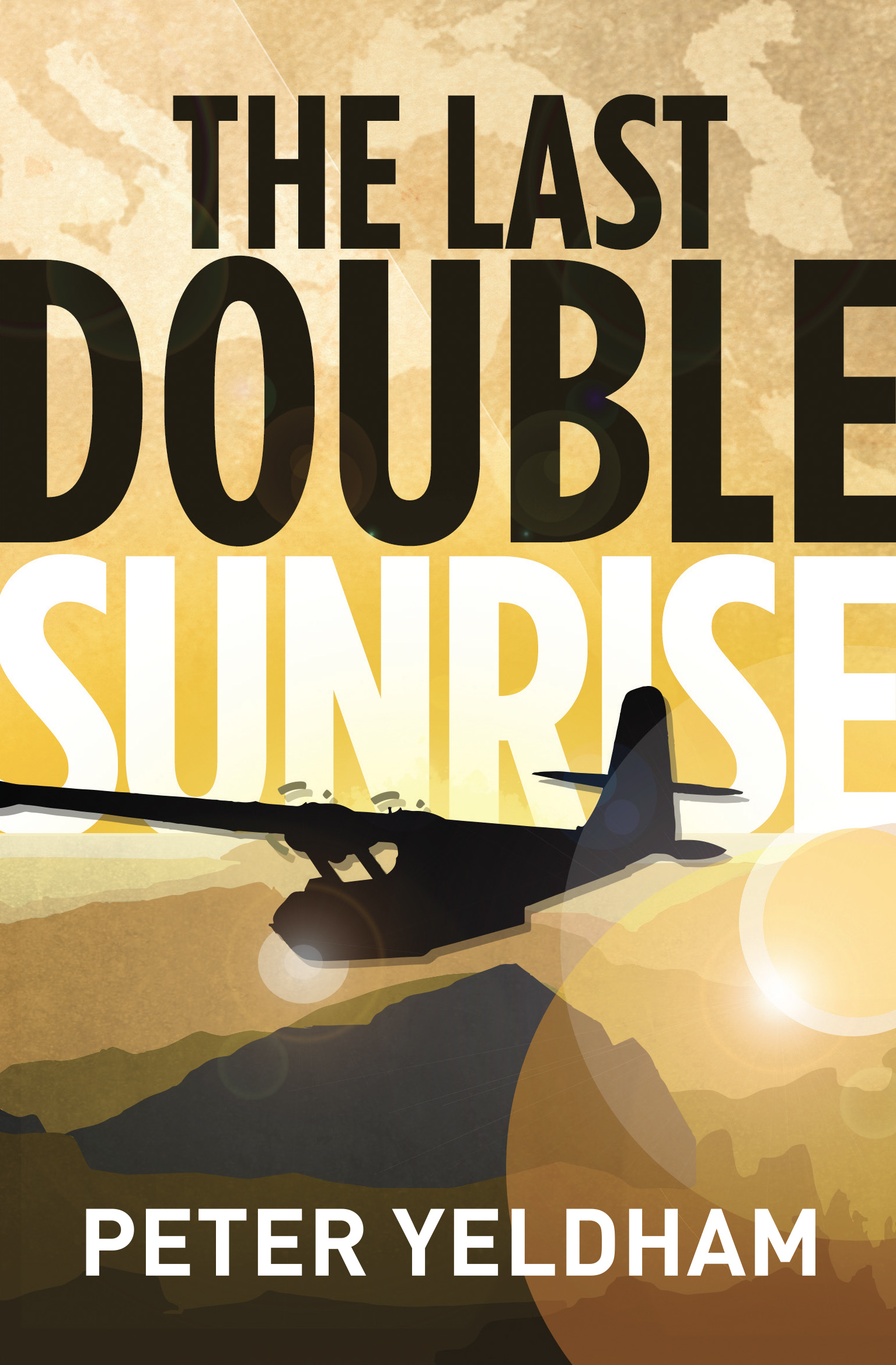
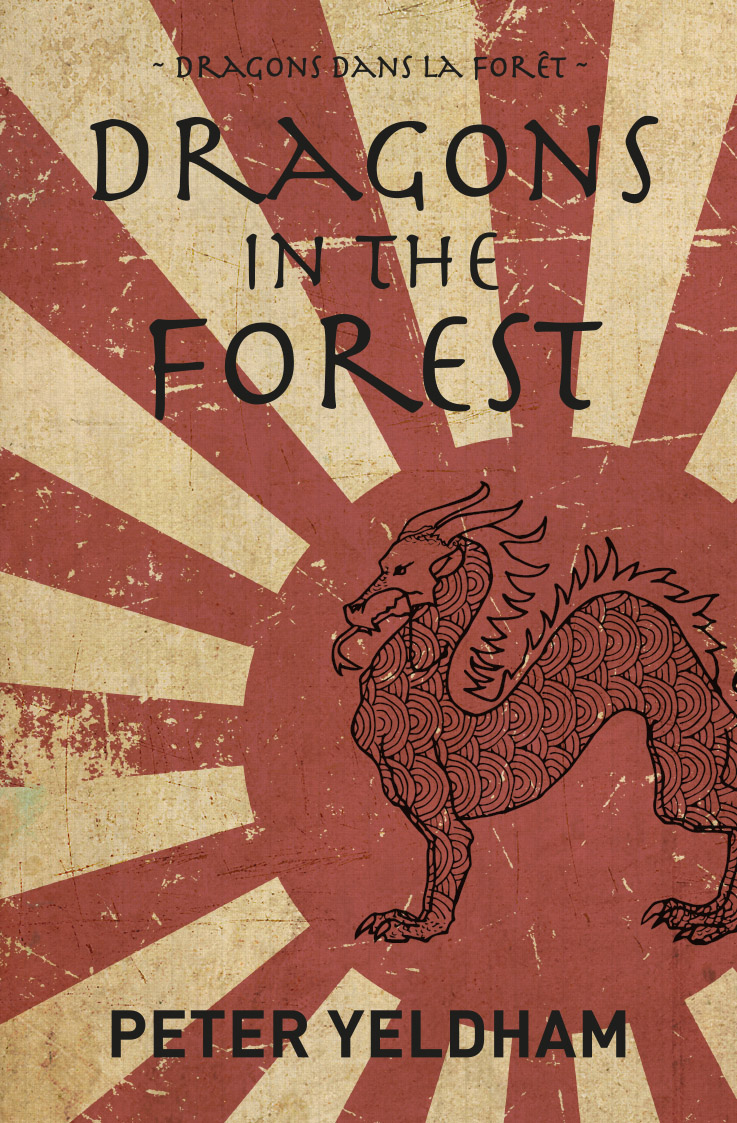
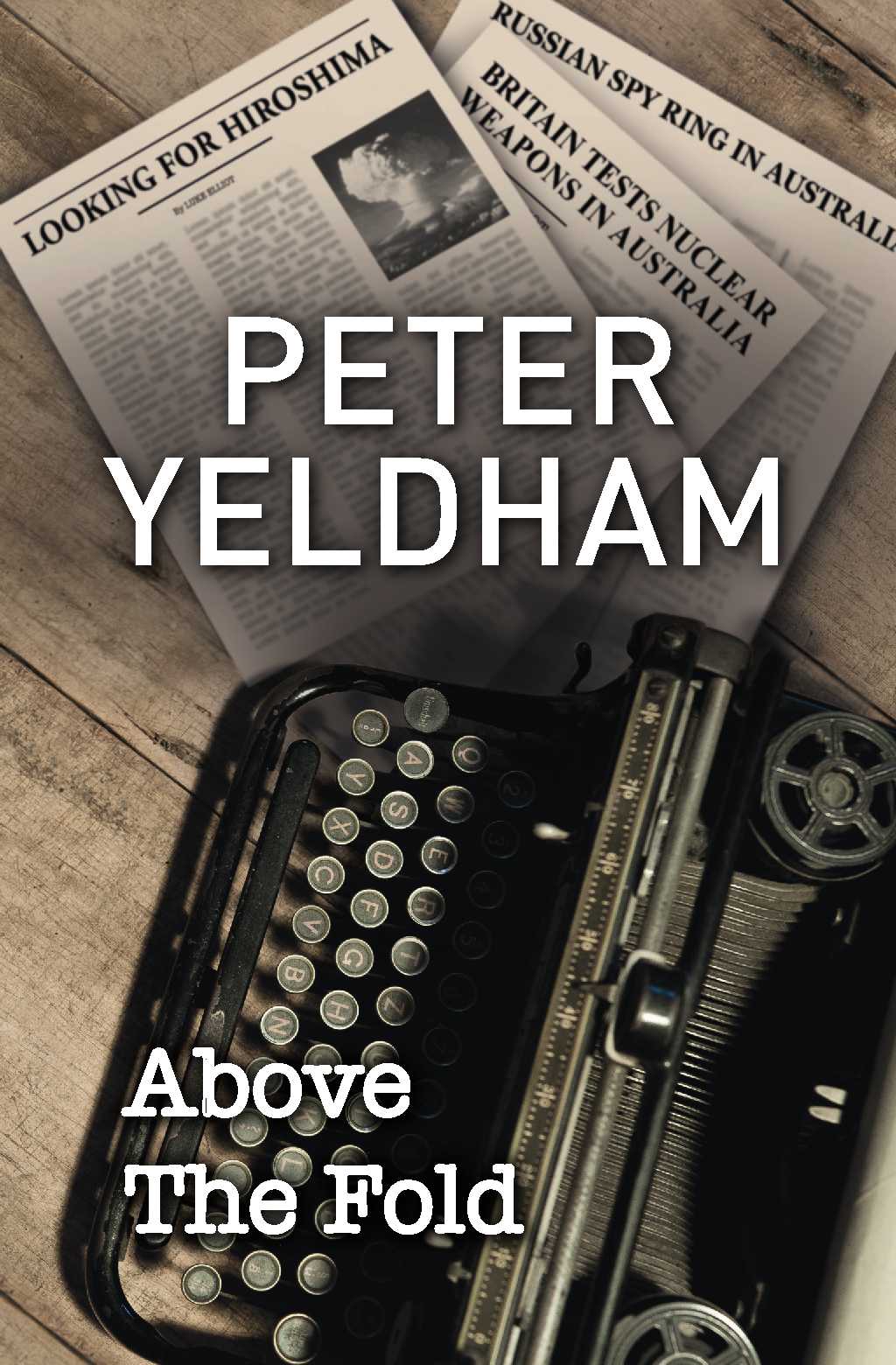
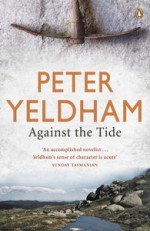
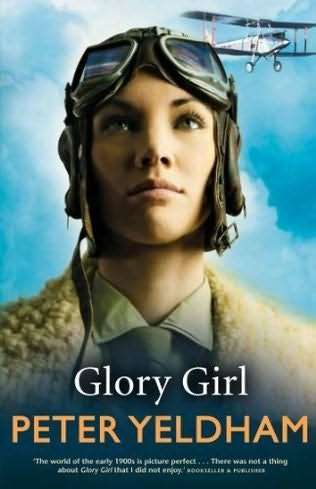
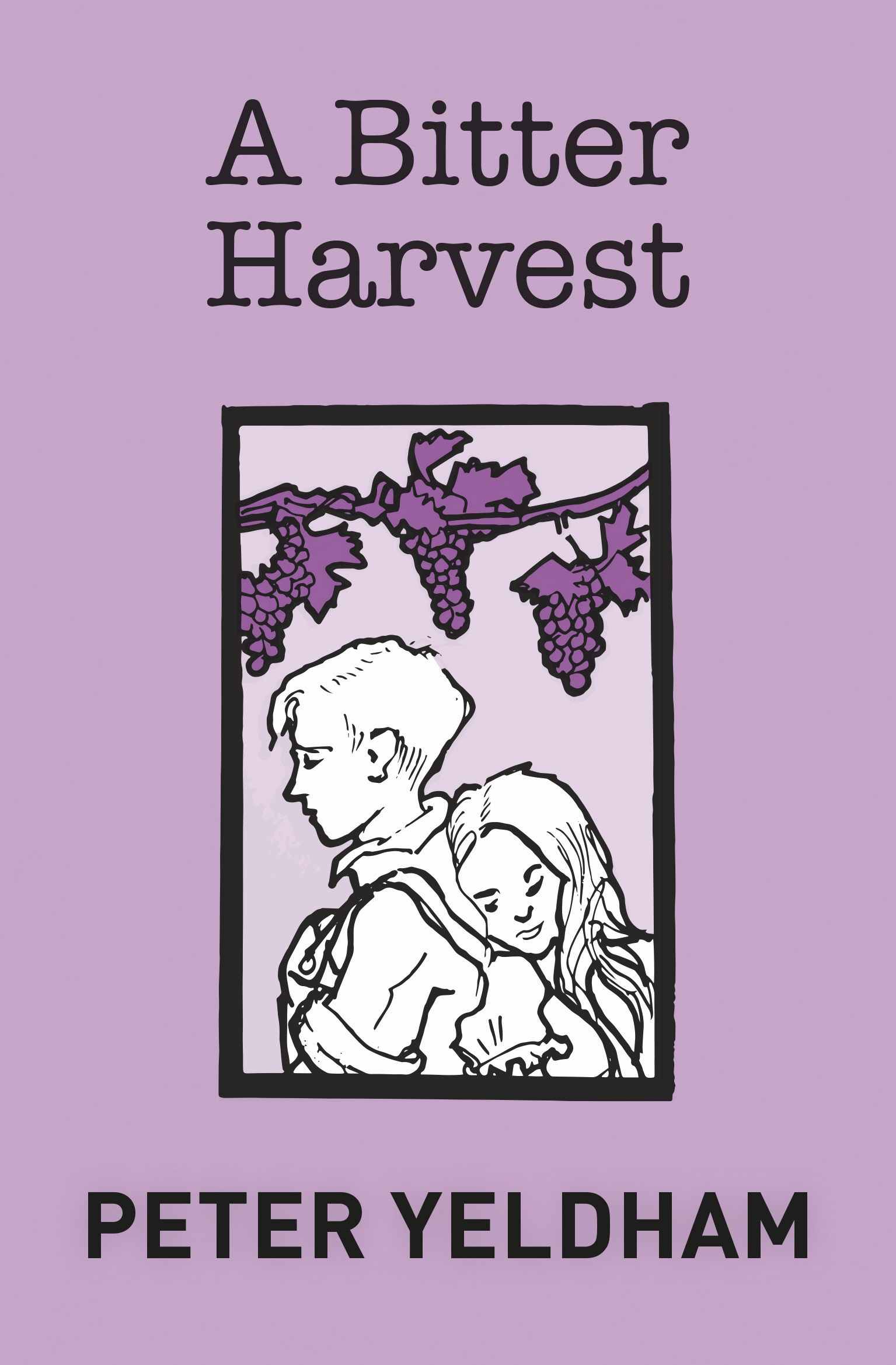
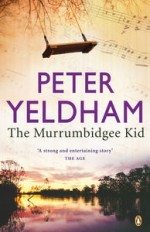
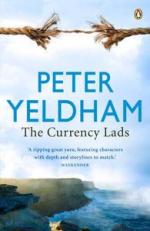
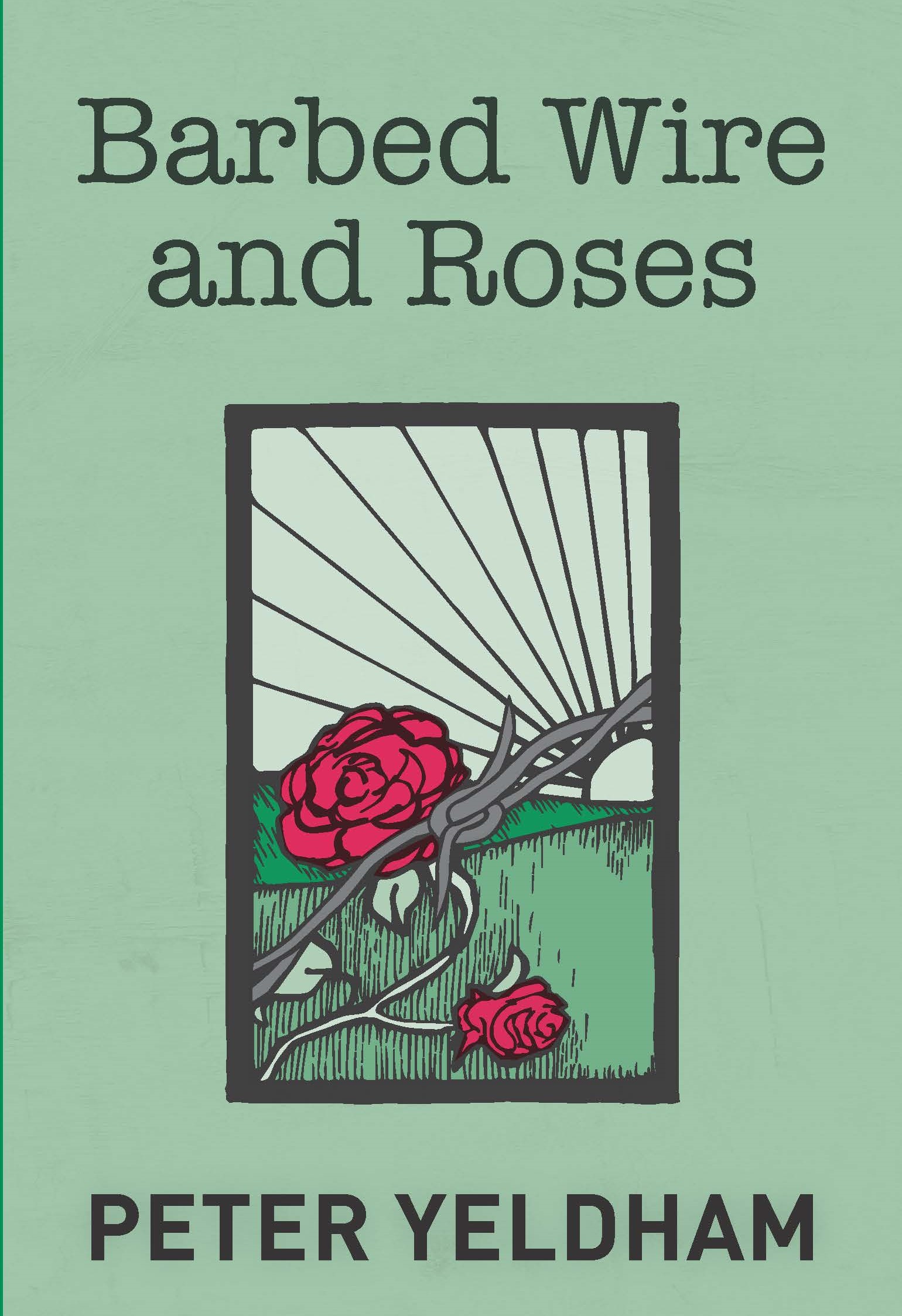
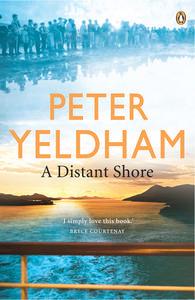
Sorry, comments are closed for this post.